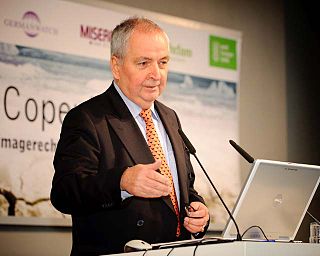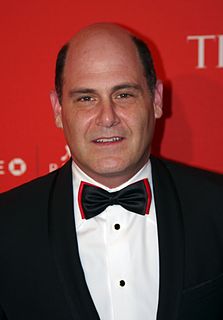A Quote by Abigail Spanberger
In Central Virginia, farmers are some of our strongest conservationists. They understand the complex ecosystems they inhabit, and they cherish the role they play as stewards of the land.
Related Quotes
When you look at farmers and ranchers, for example, they are our first environmentalists. They are our first conservationists. When you look at the greatest asset that they have, it is their land. They care about the water that they drink. They care about the air that they breathe. We should see them as partners, not adversaries.
Good farmers, who take seriously their duties as stewards of Creation and of their land's inheritors, contribute to the welfare of society in more ways than society usually acknowledges, or even knows. These farmers produce valuable goods, of course; but they also conserve soil, they conserve water, they conserve wildlife, they conserve open space, they conserve scenery.
The other thing - and writers can say whatever they want - is casting. You need to find a person who can inhabit that role, who can not sugarcoat the bad stuff, and not be too hard on the good stuff, but who can come across as a three-dimensional human being with some depth and some thought about what they're doing. When you find James Gandolfini or Jon Hamm, someone who can inhabit this role but still has a natural humanity to them, no matter what they're doing? It's a gift.
In Central Virginia, we've seen firsthand how telemedicine is playing a critical role in keeping seniors, families, and veterans connected to their healthcare providers during the COVID-19 crisis. Without this lifeline, thousands of Central Virginians could be left without access to routine appointments and lifesaving care.
We see an ever-increasing move toward inter and trans- disciplinary attacks upon problems in the real world ... The system scientist has a central role to play in this new order, and that role is to first of all understand ways and means of how to encode the natural world into "good" formal structures.
Data suggest that central black holes might play an important role in adjusting how many stars form in the galaxies they inhabit. For one thing, the energy produced when matter falls into the black hole may heat up the surrounding gas at the center of the galaxy, thus preventing cooling and halting star formation.































